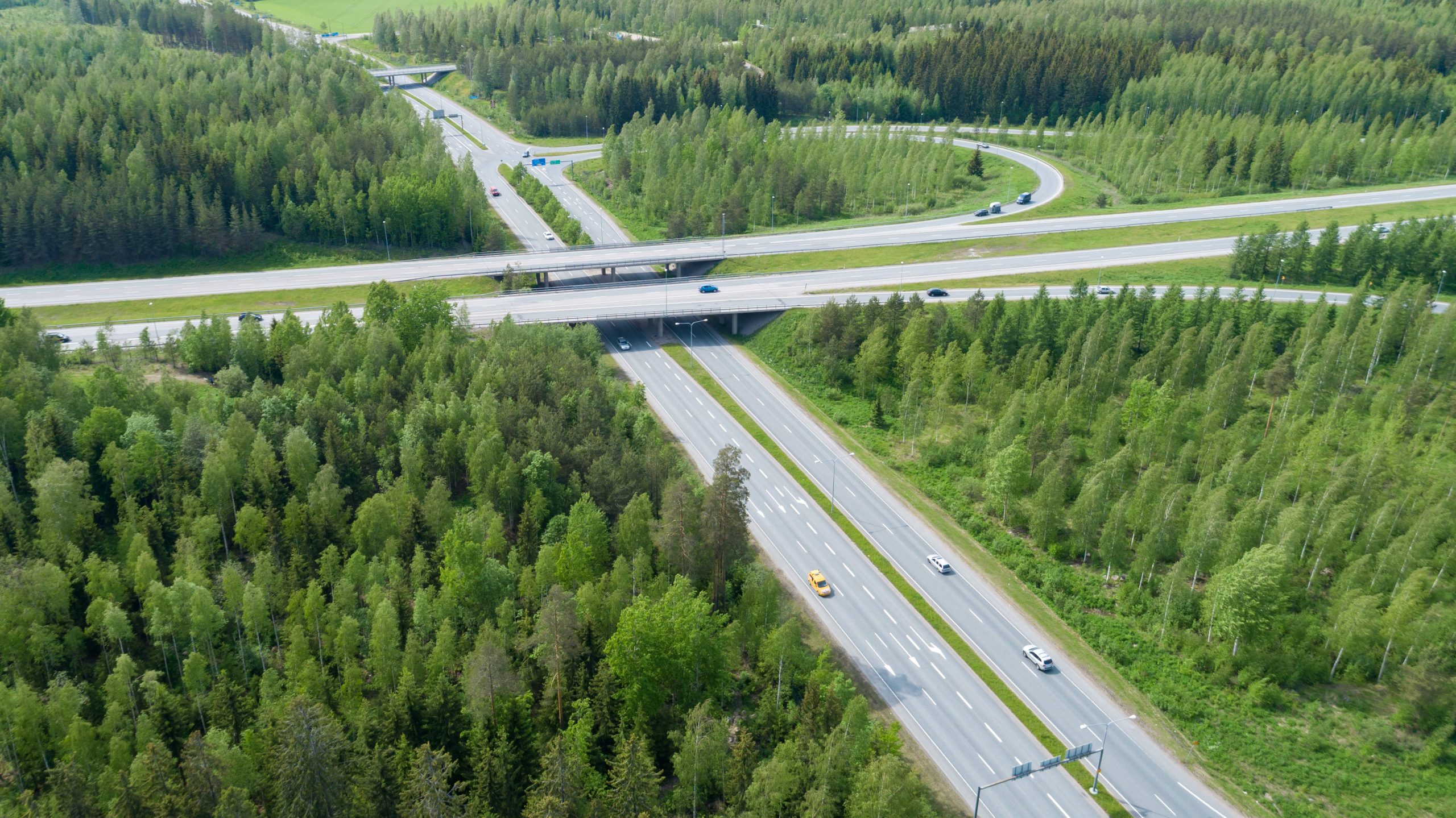
ITS in Sweden: reliable traffic data from existing roadside devices
National and regional road managers in Sweden want to elevate traffic management to a higher level. The goals are, among other things, a better flow in the urban regions, less environmental impact from traffic, and further decrease in the number of traffic victims. ITS (Intelligent Transport Services) is an important tool to achieve these goals. The starting point for ITS is reliable data and existing roadside devices can be a good source for this data. TNL supports Swedish road managers with a step-by-step, pragmatic solutions for obtaining traffic data.
Bringing data together from various sources
Traffic management in Sweden is largely a nationally arranged affair. The operational basis is the national traffic management system NTS. New ITS solutions can thus be nationally implemented relatively simple. However, the system needs more reliable data. The Swedish road network is fitted with sensors and measuring systems, but a lot of these systems have no interface with the traffic data system as of yet. To help road managers, TNL develops connections between roadside units and the central traffic database system.
Existing roadside devices become a source of data
The use of the existing roadside devices has its perks. There are no large investments required and the devices can be connected to the traffic data system with relatively little effort. Examples of usable devices are radar detectors that measure the number and speed of cars, or Bluetooth sensors that determine the time cars need to pass through tunnels. The measurement data of the detectors and sensors contribute to the construction of a better overview of the road traffic.
Creative innovations
Sweden aspires to create interactivity for the Traffic Light Controls (TLCs) that direct the traffic lights at intersections. The city is exploring the possibilities to use existing TLCs without replacing them with valuable iTLCs (interactive TLCs). TNL had a successful proof of concept that showed the data of existing TLCs being read by and converted to a central CITS-server (Cooperative Intelligent Transport Services). This data can be the foundation for interactive applications, such as communication of traffic advice through navigational systems or Variable Message Signs. With this creative innovation, the functionality of the iTLCs is realized while using the existing TLCs.
Quick and scalable
Thanks to the new interfaces on the existing roadside devices, useful data is now available to Swedish traffic management. In addition, TNL works independently from any suppliers as much as possible and also uses open standards as much as possible. In developing ITS solutions, this approach allows for much more possibilities for road managers in terms of quick, scalable solutions, in which existing devices can easily be adjusted to fit into new ambitious innovation programs.
